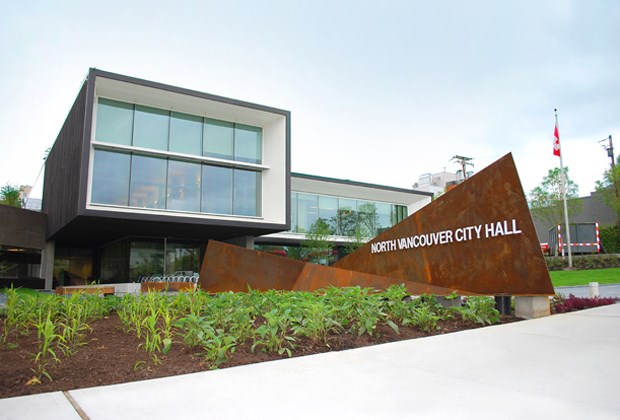The stakes in this November's local elections just got 33 per cent higher.
The province announced this week that municipal, regional district, school board, and Islands Trust election terms will be four years long, instead of the current three.
The aim is to give local governments more time for consultation, planning and implementing council goals, and to cut down on the cost of elections.
The change was supported by the Union of British Columbia Municipalities.
The move to four-year terms is one recommended in a government white paper on municipal election reform released last year. One of the other hot button issues in the white paper, campaign finance limits, was not mentioned in the release.
The plan is receiving mixed reviews from current and potential future council members on the North Shore.
It could dissuade people from running for office, given the increasing workload that is expected of council members, said District of North Vancouver Coun. Roger Bassam.
"It certainly means a longer commitment on the part of anyone looking to serve on council," he said. "It's a longer window to figure out where you're going to be in four years."
But, he added, it will also make for more stable communities while longterm planning processes like official community plans are underway.
"It's nice not to have those things interrupted with election rhetoric as opposed to just good citizen engagement," he said.
But the province is going in the wrong direction if you ask city Coun. Pam Bookham.
"I would have preferred to see it stay the same or, if they want to make a change, make it shorter in the interest of accountability," she said. "If the electors feel they're not getting what was promised in the campaign or don't like the direction a council is taking, they have an opportunity to weigh in because it seems, in many instances, the only time the electors are consulted is during an election."
Ideally, an OCP would be timed for completion just before municipal elections, allowing the plan to be an election issue when voters are paying closest attention, Bookham said.
"If the province was serious about reforming the municipal electoral scene, they would be looking at campaign finance reform, far before tinkering with term limits," Bookham added.
The B.C. Liberal government expects to introduce legislation to bring in four-year municipal terms during this session of the legislature.



